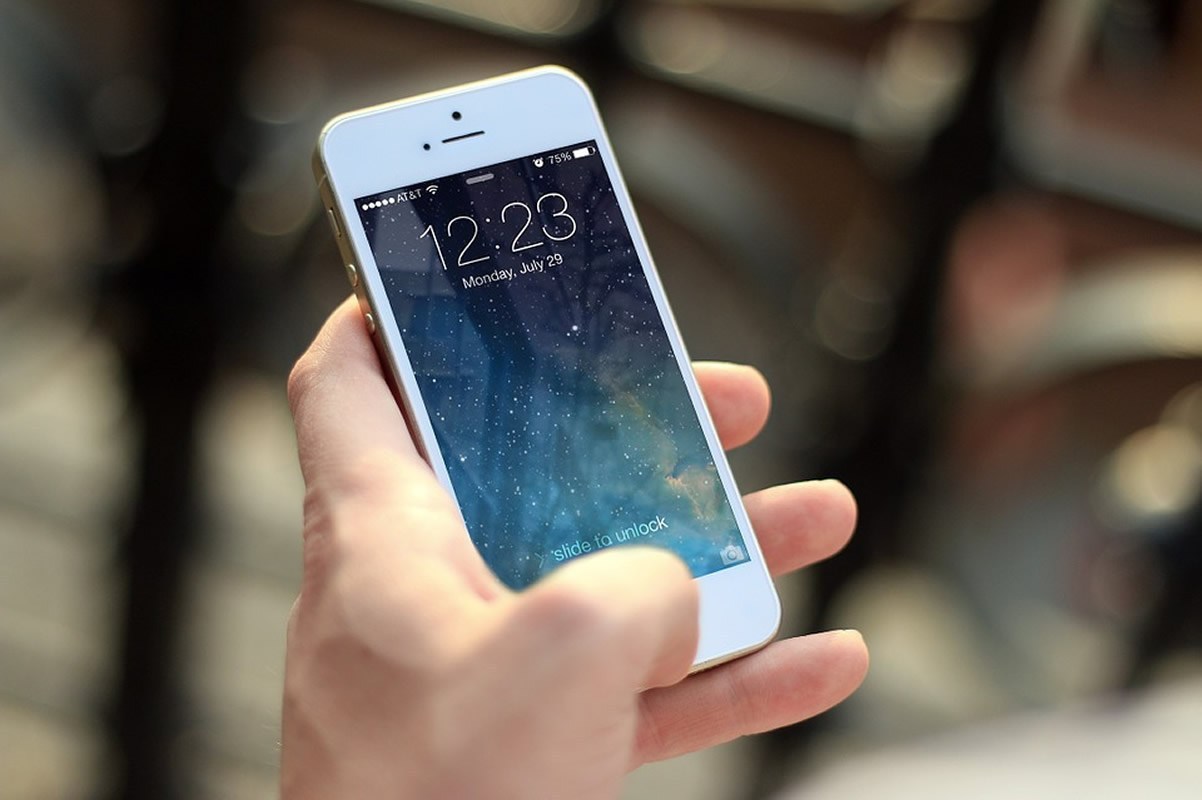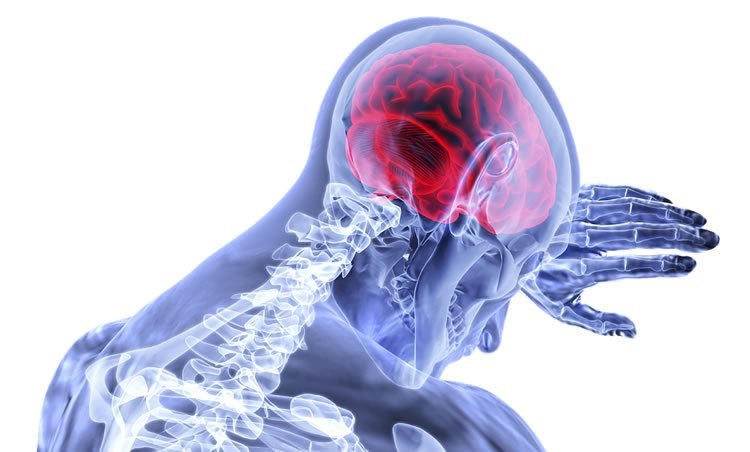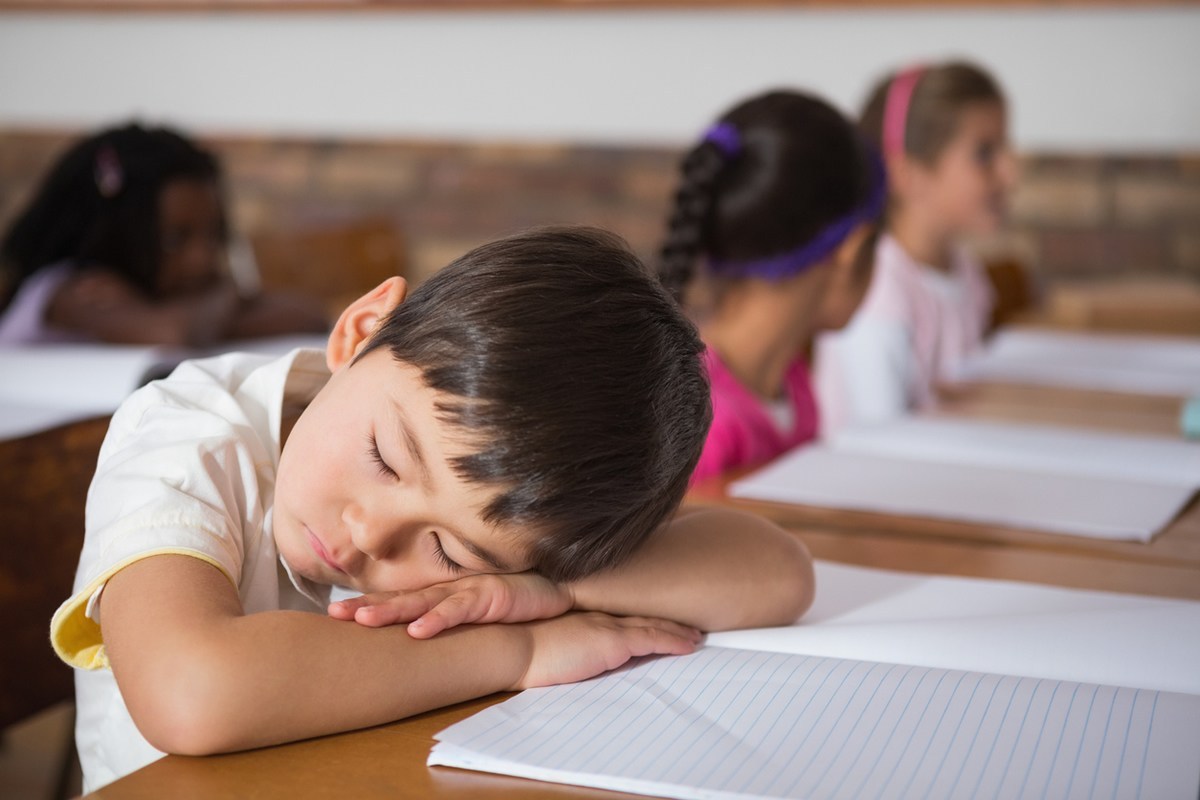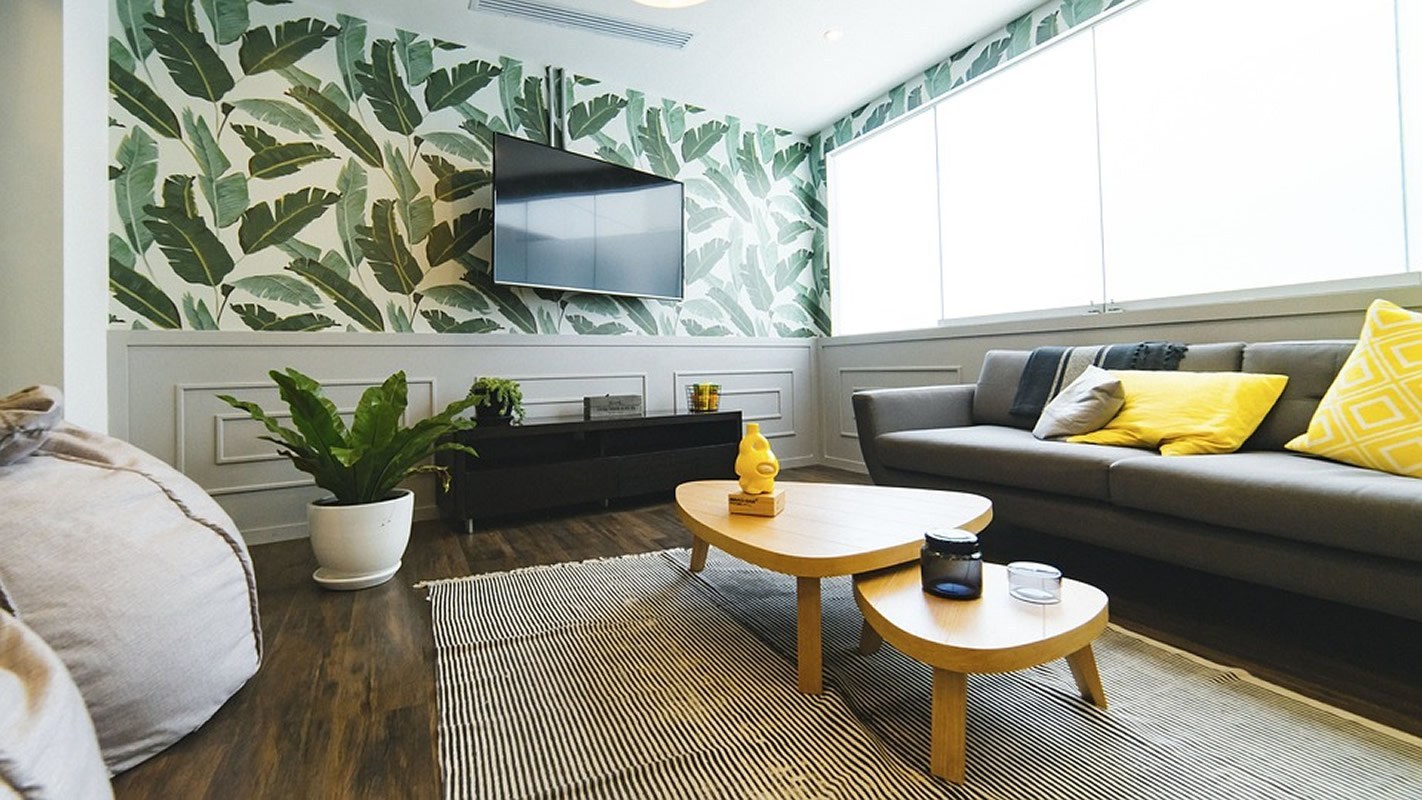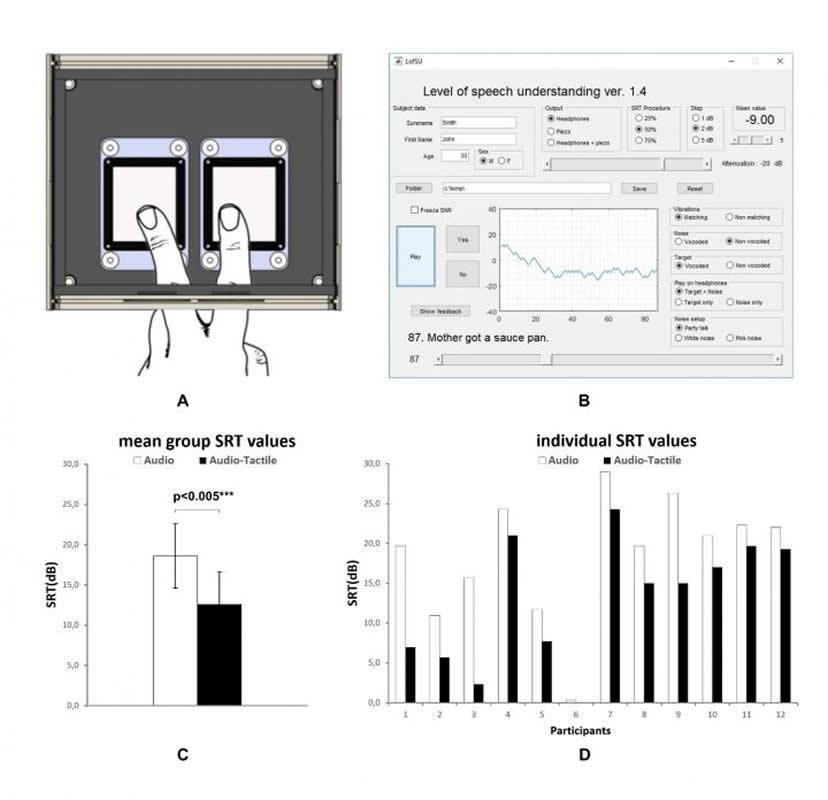Migraine sufferers who used a smartphone-based relaxation technique at least twice a week experienced on average four fewer headache days per month, a new study shows. Developed in part by researchers at NYU School of Medicine, the app, called RELAXaHEAD, guides patients through progressive muscle relaxation, or PMR. In this form of behavioral therapy, patients alternately relax and tense different muscle groups to reduce stress. The study authors say their work, publishing in the journal Nature Digital Medicine online June 4, is the first to evaluate the clinical effectiveness of an app…
Read MoreCategory: Brain
How chronic inflammation may drive down dopamine and motivation
Growing evidence shows that the brain’s dopamine system, which drives motivation, is directly affected by chronic, low-grade inflammation. A new paper proposes that this connection between dopamine, effort and the inflammatory response is an adaptive mechanism to help the body conserve energy. Trends in Cognitive Sciences published the theoretical framework developed by scientists at Emory University. The authors also provided a computational method to experimentally test their theory. “When your body is fighting an infection or healing a wound, your brain needs a mechanism to recalibrate your motivation to do other…
Read MoreChildren who nap midday are happier, excel academically, and have fewer behavioral problems
Ask just about any parent whether napping has benefits and you’ll likely hear a resounding “yes,” particularly for the child’s mood, energy levels, and school performance. New research from the University of Pennsylvania and the University of California, Irvine, published in the journal SLEEP backs up that parental insight. A study of nearly 3,000 fourth, fifth, and sixth graders ages 10-12 revealed a connection between midday napping and greater happiness, self-control, and grit; fewer behavioral problems; and higher IQ, the latter particularly for the sixth graders. The most robust findings were associated…
Read MoreChurch, couch, couple: Social psychological connections between people and physical space
Societies and people have reshaped the world many times over. From building cities and communities that live within them to the smaller changes in a person’s home or place of worship, people influence their space. Benjamin Meagher, a social psychologist at Hope College, argues that the space people shape, also shapes the individual and that social psychology must take an “ecological” view of people in their environment. His work appears in a recently published paper in Personality and Social Psychology Review. Being in a certain location dramatically constrains or facilitates certain…
Read MoreHearing through your fingers: Device that converts speech
A novel study published in Restorative Neurology and Neuroscience provides the first evidence that a simple and inexpensive non-invasive speech-to-touch sensory substitution device has the potential to improve hearing in hearing-impaired cochlear implant patients, as well as individuals with normal hearing, to better discern speech in various situations like learning a second language or trying to deal with the “cocktail party effect.” The device can provide immediate multisensory enhancement without any training.. “Despite recent advancements in hearing aid and cochlear implants, the most widespread surgical implant to restore audition, hearing-impaired users still…
Read More
